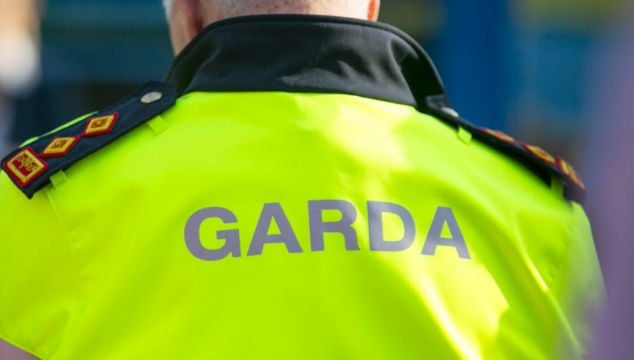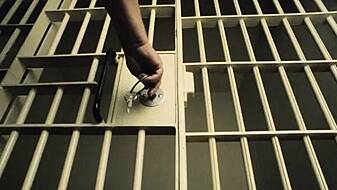More than one garda is being assaulted in the line of duty on average each day so far this year, according to the latest figures.
The Minister for Justice, Helen McEntee has reported that 339 gardai have suffered attacks while working during 2023 up to October 27th.
The figure is almost equivalent to the total number of assaults on gardaí during all of 2022 at 343, which was the highest annual total in recent years.
The number of assaults on gardaí in 2023 is likely to surpass last year’s total based on current trends.
It was also revealed that almost 300 gardaí have taken sick leave due to mental health illness in the past six years, including 35 so far this year.
The scale of assaults on gardaí was provided by Ms McEntee in response to a parliamentary question from Aontú leader and Meath West TD, Peadar Tóibín.
Official Garda statistics show that a total of 1,660 members of An Garda Síochána have been assaulted in the line of duty since 2018.
The number of attacks has been rising steadily since 2021 when 266 incidents were recorded and are well above pre-Covid levels which stood at 265 in 2019.
Ms McEntee praised gardaí and expressed gratitude for their “outstanding dedication and commitment to serving the public and for the important role they play in our society.”
The Minister acknowledged that An Garda Síochána was a largely unarmed yet hugely effective community policing service that had a relationship with the public built on a very significant trust.
She also noted that it is an offence under Section 19 of the Criminal Justice (Public Order) Act 1994 to assault a garda, prison office, a member of the Defence Forces or emergency services personnel.
Anyone convicted of the offence faces a maximum prison term of seven years and/or a fine.
However, Ms McEntee said the Government was committed to taking further action to protect gardaí and other frontline workers if necessary.
For that reason, the Minister said she had recently announced a range of tougher sentences for existing offences under criminal justice legislation which will see the maximum prison terms for assaulting gardaí and other on-duty emergency workers from 7 to 12 years.
Separate figures provided to Mr Tóibín show that 295 gardaí have been absent from work due to mental health problems since 2018 with the figure peaking that year with 58.
Ms McEntee said the figures could include some cases relating to stress.
The Minister noted that policing is a profession which exposes gardaí to traumatic and challenging incidents.
“It is crucial that personnel have access to, and avail of, appropriate supports when they need them,” said Ms McEntee.
She said €6 million had been provided for Garda wellbeing initiatives in the recent Budget, while gardaí are also able to avail of a 24/7 independent helpline and counselling service.
Gardaí are also able to access six free sessions of counselling per year and an additional two sessions if clinically approved.
Ms McEntee said work was also at an advanced stage for delivering mental health first aid training for all garda personnel over the coming 12 months.







